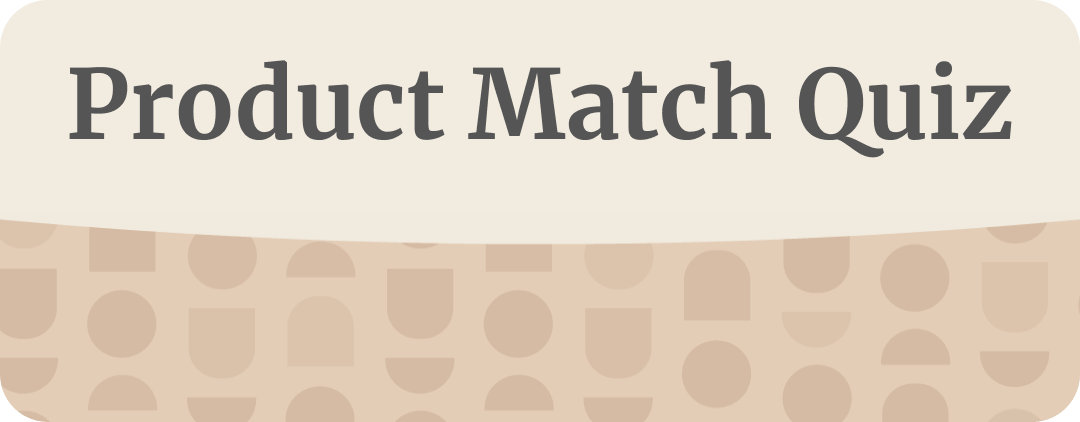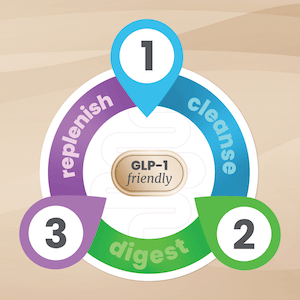Written by Leah Johnston, RDN, LDN
Whether you know it as folate, folic acid, or l-methylfolate, this B vitamin plays an important role in the human body, including synthesizing genetic materials such as DNA and helping cells to divide and conquer. It’s also vital during pregnancy for the prevention of neural tube defects. In recent years, researchers have discovered that there may be a link between low levels of folate and depression. Supplementation of this vitamin may actually improve the response to antidepressant medications.
So, what’s with all the names? This vitamin comes in different forms, both natural and synthetic, and it’s found in a variety of foods and supplements.
Folate: The original. This name refers to the water-soluble vitamin B9 that occurs naturally in food. Most adults need 400 mcg DFE (dietary folate equivalent) of folate each day and we absorb about 50% of the folate available in food. Folate is found in a variety of foods such as:
- Dark green leafy vegetables (such as spinach)
- Other green vegetables (broccoli, asparagus, brussel sprouts)
- Citrus fruits (such as oranges)
- Beets
- Avocado
- Legumes (beans & lentils)
- Beef liver
- Eggs
Folic acid: The copycat. A synthetic form made to mimic folate in fortified foods and dietary supplements. Our bodies will absorb about 85% of the folic acid that we take in from a fortified food or supplement. Common foods fortified with folic acid include:
- Cereal grain products (such as breakfast cereals)
- Rice
- Pasta
- Bread
L-methylfolate: The treatment. Also known as methyl folate, this form of the vitamin is often used to medically treat folate deficiency. A doctor may write a prescription for it but it is also available as a dietary supplement, such as NB Pure’s new Methyl Folate.
Studies have uncovered a possible link between low levels of folate and symptoms of depression. Depressive patients are more likely to have folate levels that are lower than the normal range. Could this mean that a folate supplement may help in the management of depression? Possibly, but more research is needed to say definitively. Some research also suggests that folate status can have an effect on the body’s responsiveness to antidepressant medications - a folate deficiency could mean a poor response to the medication. Treating the folate deficiency with a supplement could help improve the results of antidepressants.
Supplementation with l-methylfolate may be helpful in managing the symptoms of depression. In one study, patients who reported being treated for major depressive disorder and were on antidepressants were given l-methylfolate for three months. They were asked to rate their experiences before and after being treated with l-methylfolate. In a real life setting, patients reported significant improvements in depressive symptoms, functioning and satisfaction with their treatment than with their antidepressant medication alone.
A healthy diet is beneficial for your mental health and will likely provide the methyl folate you need to prevent a deficiency. Supplementation with methyl folate may be helpful in the management of depressive symptoms and to enhance the effects of antidepressant medications.
References:
Folate - NIH Consumer Fact Sheet, https://ods.od.nih.gov/factsheets/Folate-Consumer/
University of Michigan Health Library - l-methylfolate, https://www.uofmhealth.org/health-library/d05773a1
Treatment of depression: time to consider folic acid and vitamin B12, https://pubmed.ncbi.nlm.nih.gov/15671130/
Assessing Effects of l-Methylfolate in Depression Management: Results of a Real-World Patient Experience Trial, https://www.ncbi.nlm.nih.gov/pmc/articles/PMC3869616/


















